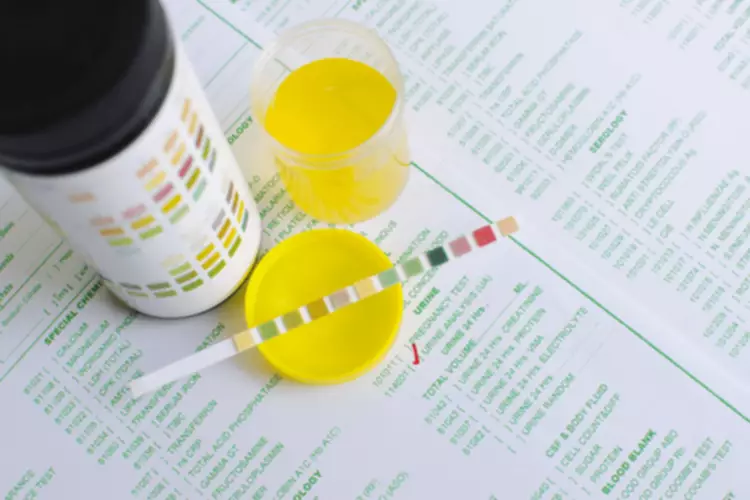
However, to move the field forward, we will identify the main conclusions that can be drawn from available studies, at theoretical and methodological levels, before proposing recommendations for future ones. Negative and positive emotions have an impact on the way you act and feel, which means that depression and anger can affect the choices you make and the behaviors you engage in. For those who find themselves dealing with a lot of pent-up anger or stress, exercising is a great, healthy way to work through some of those problems. When people exercise the body releases endorphins which are known as the feel-good hormones. These endorphins can lift a person’s mood and make them feel better and less stressed or angry. Plus, as a bonus, exercising will help keep you in shape and healthier overall in addition to helping with stress and anger.
Typical Risk Factors for Alcohol-Related Aggression
- You can determine whether your patient has AUD and its level of severity using a quick alcohol symptom checklist as described in the Core article on screening and assessment.
- Next, a history of behavioral examinations of negative affect and alcohol misuse is presented from the psychological perspective, along with a discussion of research on the use of alcohol to cope with negative affect.
- Understanding anger’s relationship to addiction is useful in coping with anger in a healthy and constructive way.
- In the Brazilian city of Diadem, limiting the hours of alcoholic sales in bars to 11 p.m.
- Participants are instructed that they have 15 min to taste each glass to rate qualities about each drink (e.g. gassy, bitter).
Moreover, we are going to delve into the intricate relationship between anger and addiction, shedding light on how anger manifests within the context of substance abuse and dependence. We explore the underlying psychological dynamics that fuel anger in addiction, uncovering the complex interplay between emotional turmoil and addictive behaviors. Moreover, we examine the role of anger as both a coping mechanism and a driver of addictive tendencies, highlighting its profound impact on individuals’ journeys toward recovery. With many cases of juvenile substance use disorders, https://ecosoberhouse.com/ the younger someone begins experimenting with harmful chemicals, the bigger the problems they experience as they age. If a wife is being physically abused by her spouse, she may begin using harmful chemicals if she is not prepared to leave, to counter depression, anxiety, and other forms of emotional distress. The present and ongoing study aims to fill this research gap by conducting an experimental laboratory design to investigate the underlying mechanisms of the association between stress and alcohol consumption (MESA) in the at-risk population of young men.
Neuroscience & Biobehavioral Reviews
Any product that may be evaluated in this article, or claim that may be made by its manufacturer, is not guaranteed or endorsed by the publisher. “Alcohol is involved in half of all murders, rapes, and assaults,” said Robert O. Pihl, professor of psychology and psychiatry at McGill University. “But the dynamics of this association are complicated, which is why any research that focuses on explaining this relationship is important for society in general.” As a positive, unalarming emotion and one that others are used to seeing, however, happiness isn’t on the radar as much as anger.

The Relationship Between Anger and Aggression
If you feel like you have a pattern of being aggressive when drinking alcohol, you should understand how your behavior can impact yourself and others. As a whole, alcohol use naturally heightens emotions, and for people who are predisposed to aggressive tendencies, it can quickly make bad scenarios worse. Typically, anger will lead to aggression unless something happens to resolve the situation. If an intoxicated person becomes upset because the bartender refuses to serve them, help from a friend might calm them down. If no one can defuse the tension, they may become an aggressor, escalating the situation to a violent one.

How Do Emotions Affect Addiction?
Contributors to this article for the NIAAA Core Resource on Alcohol include the writers for the full article, reviewers, and editorial staff. These contributors included both experts external to NIAAA as well as NIAAA staff. This activity provides 0.75 CME/CE credits for physicians, physician assistants, nurses, pharmacists, and psychologists, as well alcoholic rage syndrome as other healthcare professionals whose licensing boards accept APA or AMA credits. The authors declare that they have no known competing financial interests that could have appeared to influence the work reported in this paper. There are a variety of confidential, free, and no obligation ways to get in contact with us to learn more about treatment.
Likewise, hostility is an attitude of resentment and unfriendliness that doesn’t require feelings of anger. While it may seem like anger is the most common emotion caused by alcohol, it may not be that straightforward. The link between anger and alcoholism is cyclical—they can exacerbate each other if left unchecked. Addressing and letting go of anger is vital in the Alcoholics Anonymous (AA) 12-step approach, which involves a moral self-inventory and overcoming personal flaws. This CME/CE credit opportunity is jointly provided by the Postgraduate Institute for Medicine and NIAAA. To have a full picture for patient care, patients with AUD should be screened for other substance use.


Contact Gateway Foundation Today to Learn More About Alcoholism and Anger

- After much consideration, he eventually joined an alcohol treatment program as I helped him grieve his wounds and manage his anger.
- In the DSM-5, however, alcohol abuse and dependence have been integrated into a single diagnosis of AUD with mild, moderate, or severe subclassifications.11 The separate classifications of alcohol abuse and alcohol dependence were removed.
- Psychoactive substance users was described in the studies according to clinical evaluation based on the DSM-III and DSM-IV criteria for substance use disorder.
- In addition, ask about current and past suicidal ideation or suicide attempts, as well as the family history of mood disorders, AUD, hospitalizations for psychiatric disorders, or suicidality.
- Individuals can easily develop a dependent cycle of anger and substance abuse or use substances to cope with anger without realizing it.

